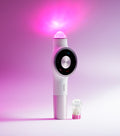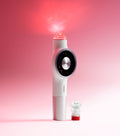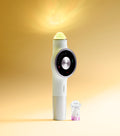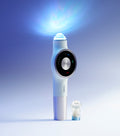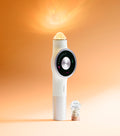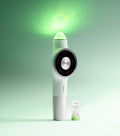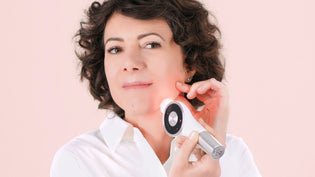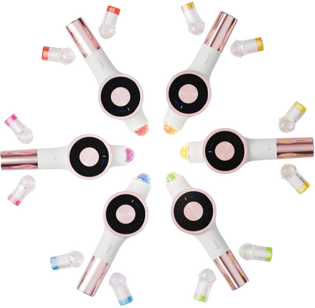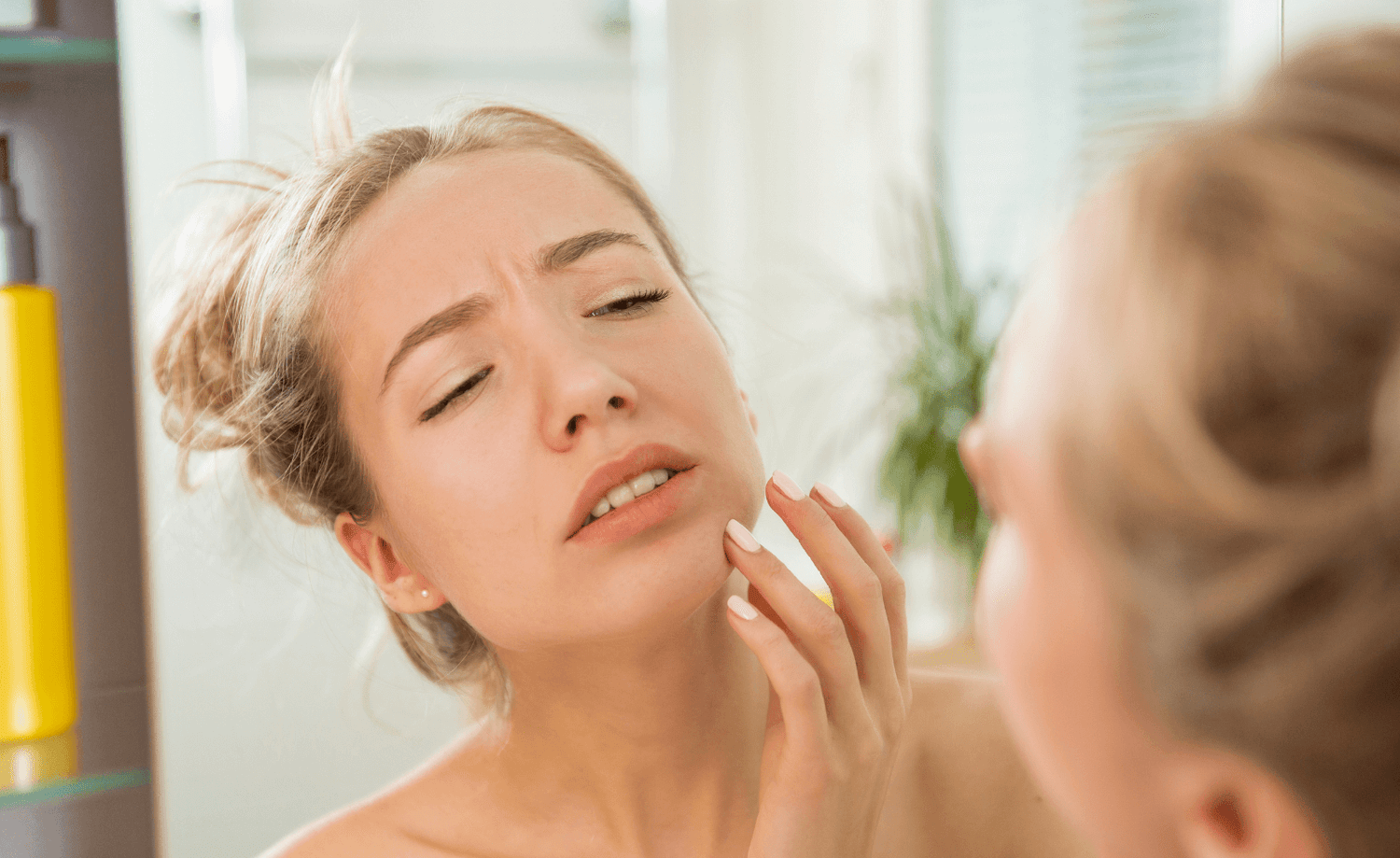Regardless of age, dry skin often causes discomfort. The causes and symptoms of dry skin on the face vary and depend on several factors. If you are also looking for advice for dry skin and wondering how to fix it, this article will provide you with all the essential information.
How do you know if you have dry skin?
Your skin makes you feel uncomfortable, but you don't know for sure if it's dry or just a lack of hydration? Here are some signs:
•Your skin feels tight: the skin on your face or body seems tight and the feeling of discomfort persists;
•To the touch, your skin appears rough and may have scales;
•Some skin may be red and irritated and itchy;
•Your skin seems “rigid” and lacks suppleness (whatever your age);
•Fissures or cracks appear on the skin of the face. They are mainly located on dry areas, such as elbows, knees and hands.
Why do we have dry skin?
In some cases, dry skin can be caused by age. In fact, the facial skin is covered with a film which protects it. This film contains fatty substances and water. This prevents the skin from being dehydrated and suffering the full brunt of external aggressions. This barrier is made by the sebaceous glands. These glands work less with age, particularly after menopause. As a result, the skin suffers from insufficient hydration and appears drier and rougher.
What other factors are responsible for dry skin?
Dry skin can look for the “culprits” elsewhere than in skin aging:
•Repeated exposure to the sun for years;
•Very hard water;
•A dry and cold atmosphere;
•Tight clothing: they rub the skin;
•A hygiene routine that is too intensive (such as repeated hot baths);
•The use of household products: without gloves, they cause dry skin on the hands;
•Not enough foods rich in essential fatty acids or zinc (they act as a real moisturizing “treatment”, whatever the skin type);
•Hormones also play a role and can, at puberty, during pregnancy or at menopause, transform normal skin into dry skin;
•Certain diseases such as atopic dermatitis or psoriasis, anorexia, diabetes, etc.
•Certain drug treatments can also be the causes of dry skin: certain diuretics, medications for prostate problems, etc.
Dry skin: how to take care of your skin?
The products to use to treat dry skin may differ from person to person. Please note that for prevention, you can apply moisturizer, milks, creams or lotions. Other treatments have also proven their effectiveness, such as oats, paraffin or even almond oil. You can also use a cream that softens and relaxes the skin while restoring its elasticity.
Do you suffer from very marked dry skin? Turn to more “powerful” products in the form of a cream, or capsule to swallow.
Should you consult a dermatologist when you have dry skin?
Dehydrated skin on your face (or elsewhere on your body) may be a symptom of a skin disease or disorder. The causes of dry skin having already been mentioned, we advise you to consult your dermatologist in the following cases:
•In addition to having dry facial skin, you suffer from redness and rashes;
•The treatments do not soothe your skin;
•The itching makes you bleed and suffer;
•You may moisturize your skin (with a cream or oil), but it remains very dry and you suffer from continuous flaking;
•Your lesions become infected.
Dry skin has found a treatment that suits it: light therapy
Dry skin can count on the Repair program to benefit from very complete anti-aging care. The light associated with the cream and the massage of the facial tissues ensures that you find smoother and plumper facial skin. The serum also acts as a moisturizer that helps you regain more radiant skin.
To take care of your face, the Repair program offers you several lights. Red light combined with niacinamide strengthens your skin's defenses. It is therefore better equipped to face external aggression. This treatment has good results, whatever the skin type. Extrinsic (such as UV) and intrinsic (such as oxidative stress) attacks are factors in skin aging.



